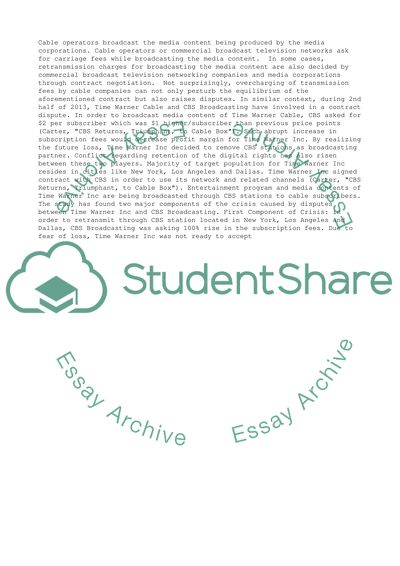Cite this document
(“Time Warner Cable / CBS Crisis Management Research Paper”, n.d.)
Time Warner Cable / CBS Crisis Management Research Paper. Retrieved from https://studentshare.org/business/1653931-time-warner-cable-cbs-crisis-management
Time Warner Cable / CBS Crisis Management Research Paper. Retrieved from https://studentshare.org/business/1653931-time-warner-cable-cbs-crisis-management
(Time Warner Cable / CBS Crisis Management Research Paper)
Time Warner Cable / CBS Crisis Management Research Paper. https://studentshare.org/business/1653931-time-warner-cable-cbs-crisis-management.
Time Warner Cable / CBS Crisis Management Research Paper. https://studentshare.org/business/1653931-time-warner-cable-cbs-crisis-management.
“Time Warner Cable / CBS Crisis Management Research Paper”, n.d. https://studentshare.org/business/1653931-time-warner-cable-cbs-crisis-management.


